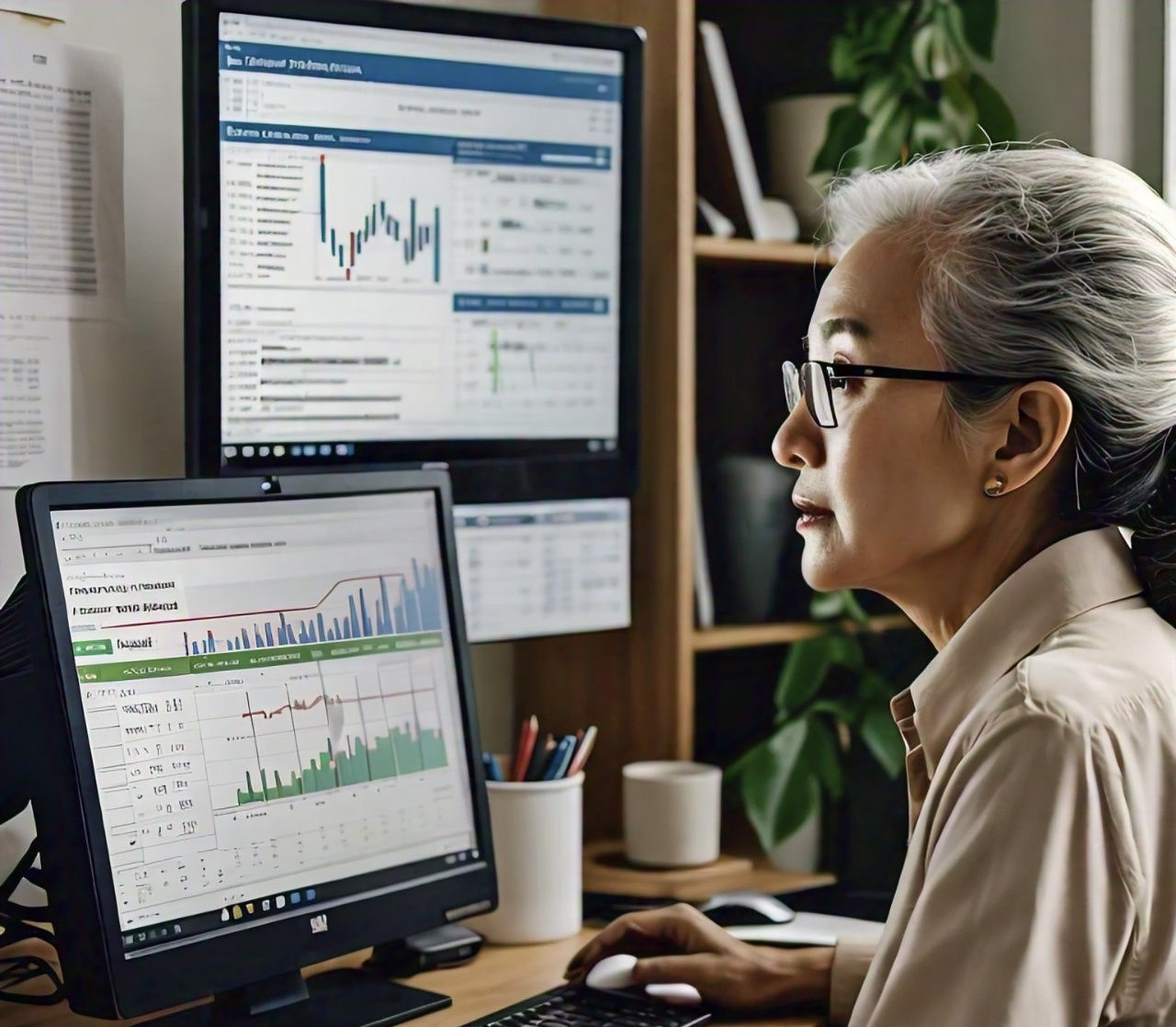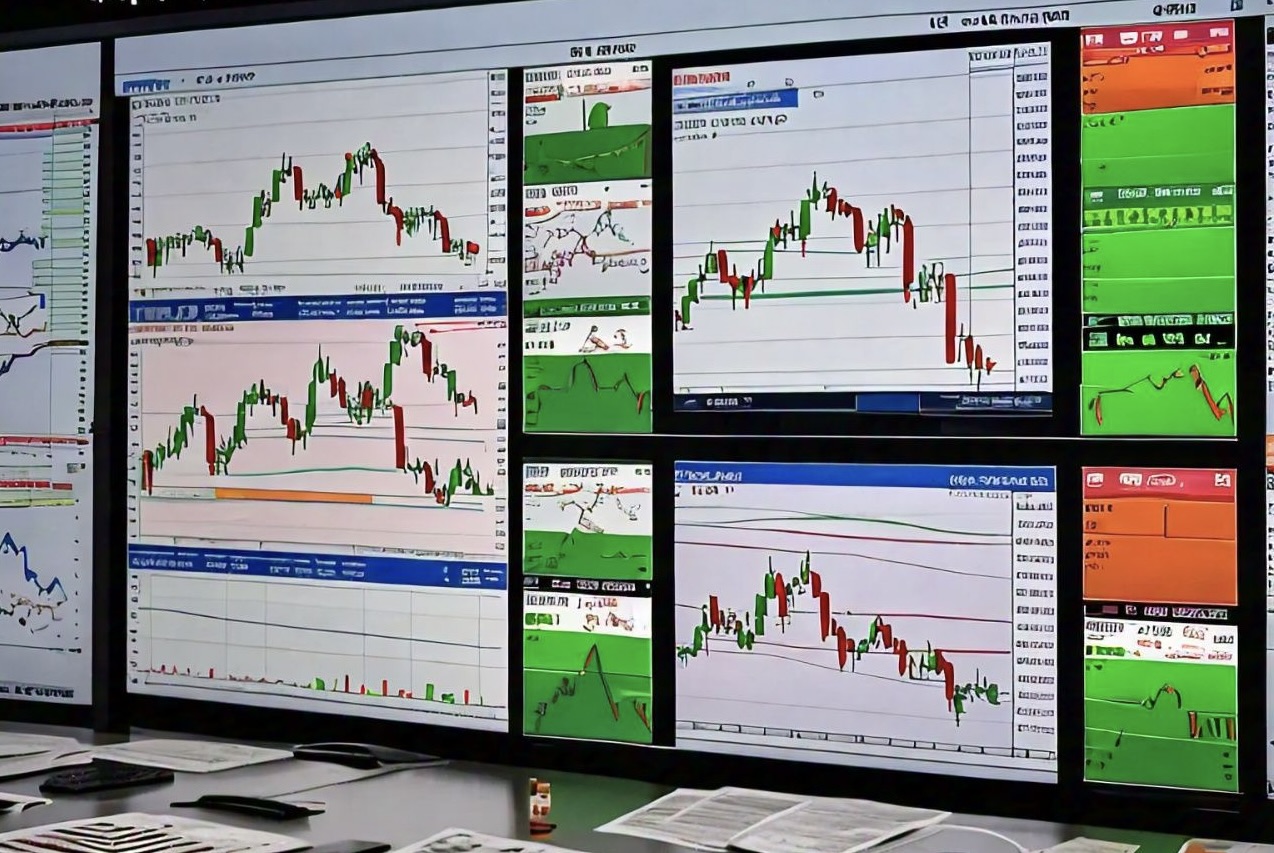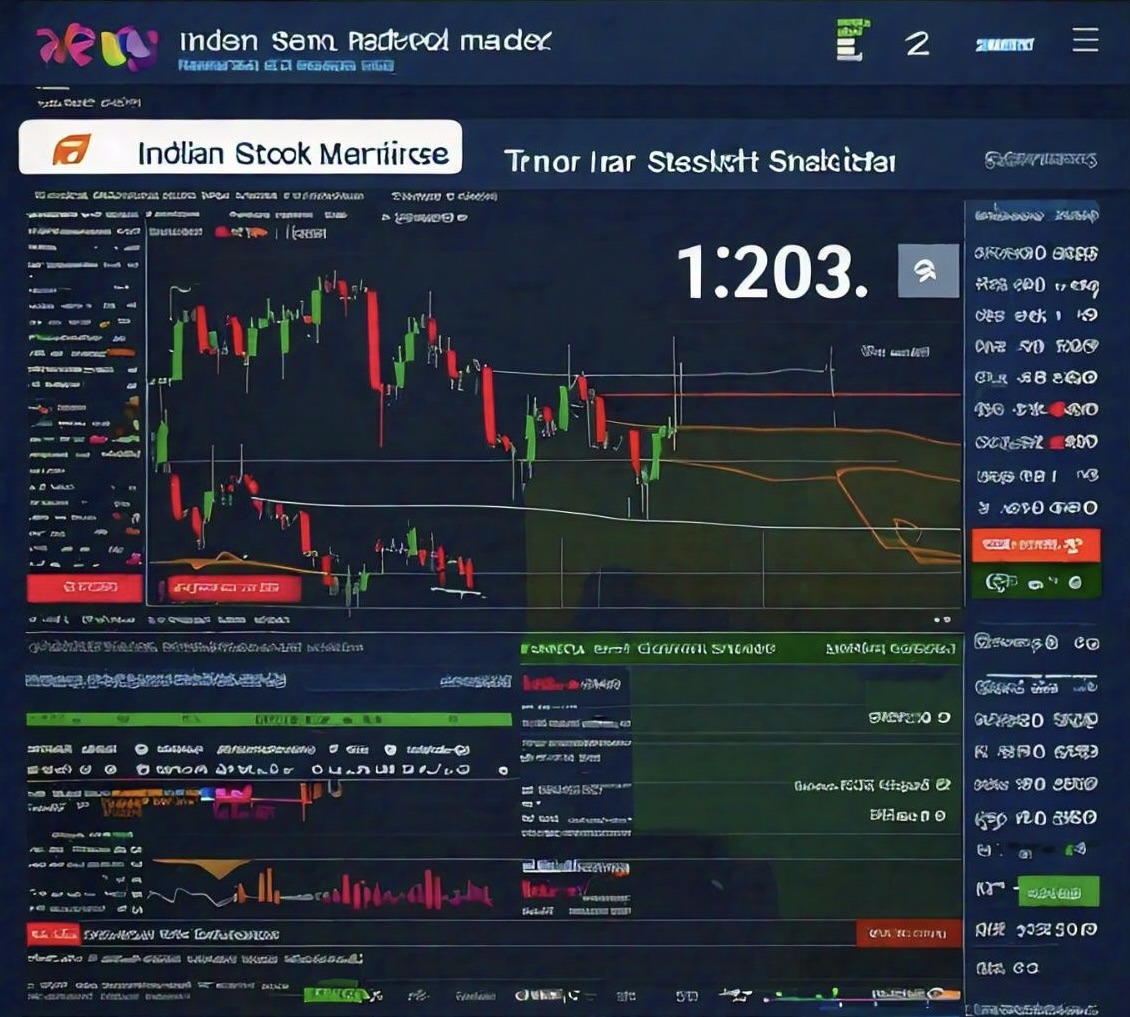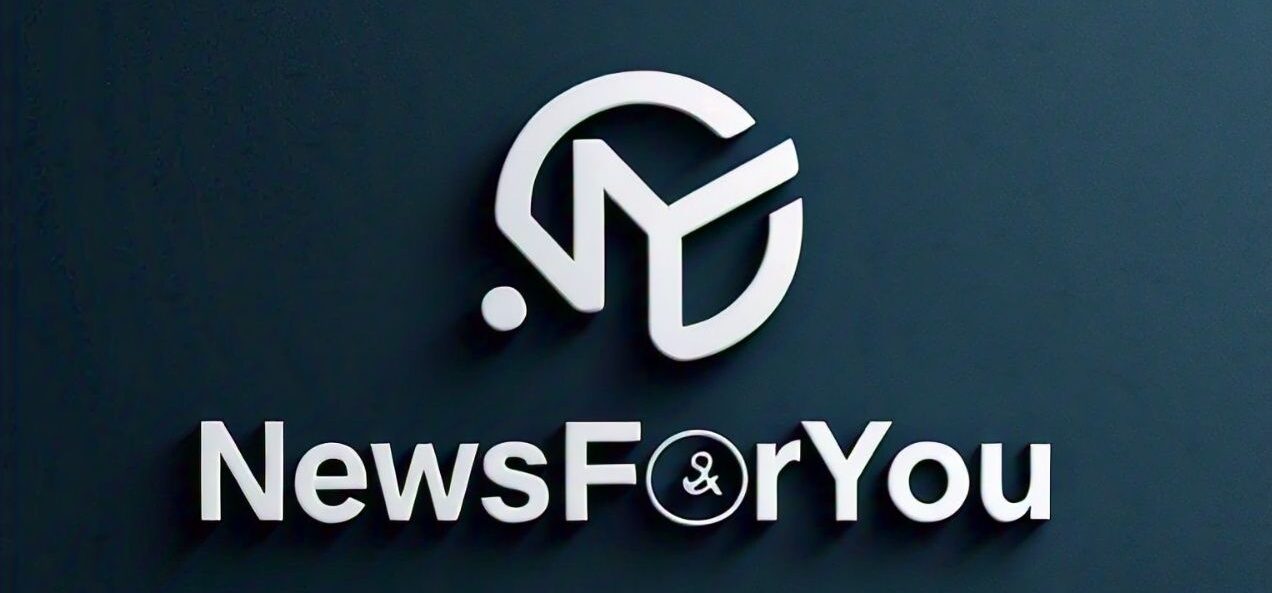Components: Income management, expenses tracking, debt management, and investment strategies.
Components: Capital investment decisions, financing decisions (debt vs. equity), and managing working capital.
Components: Taxation, government spending, budget analysis, and fiscal policies.
Components: Stock markets, bond markets, real estate, and various investment vehicles.
Components: Stock exchanges (e.g., NSE , BSE, NYSE, NASDAQ), commodities markets, and foreign exchange markets.
Components: Insurance, hedging, and diversification strategies.
Components: Ratio analysis, trend analysis, and forecasting.
Economic Growth: Finance plays a critical role in allocating resources efficiently and supporting economic development.
Wealth Management: Understanding finance is essential for managing personal wealth and achieving financial goals.

SIP
In SIP, a fixed amount is automatically debited from your bank account at regular intervals and invested in your chosen mutual fund. Each time you invest, you purchase units of the fund at the current Net Asset Value (NAV), which varies according to market fluctuations. Over time, this method averages out the cost of your investments, as you buy more units when prices are low and fewer units when prices are high.

Share Market
The share market, or stock market, is a marketplace where investors buy and sell shares (or stocks) of publicly traded companies. When a company goes public, it offers shares to the public in exchange for capital, which the company can then use for growth, development, and other business needs. In return, shareholders (those who own the shares) gain partial ownership in the company and the potential to earn returns on their investment through dividends and capital appreciation.

Crypto Currency
Cryptocurrency is a type of digital or virtual currency that relies on cryptography for security, making it difficult to counterfeit or double-spend. Unlike traditional currencies issued by governments, such as dollars or euros, cryptocurrencies are typically decentralized and operate on a technology called blockchain. A blockchain is a distributed ledger maintained by a network of computers (also known as nodes), which records and verifies all transactions in a secure and transparent way.

Future & Option
Futures and Options are financial derivatives that derive their value from an underlying asset, such as stocks, commodities, currencies, or indices. Both are popular instruments in the financial markets for speculation, hedging, and managing risk, allowing investors to bet on the future price movements of these assets.
